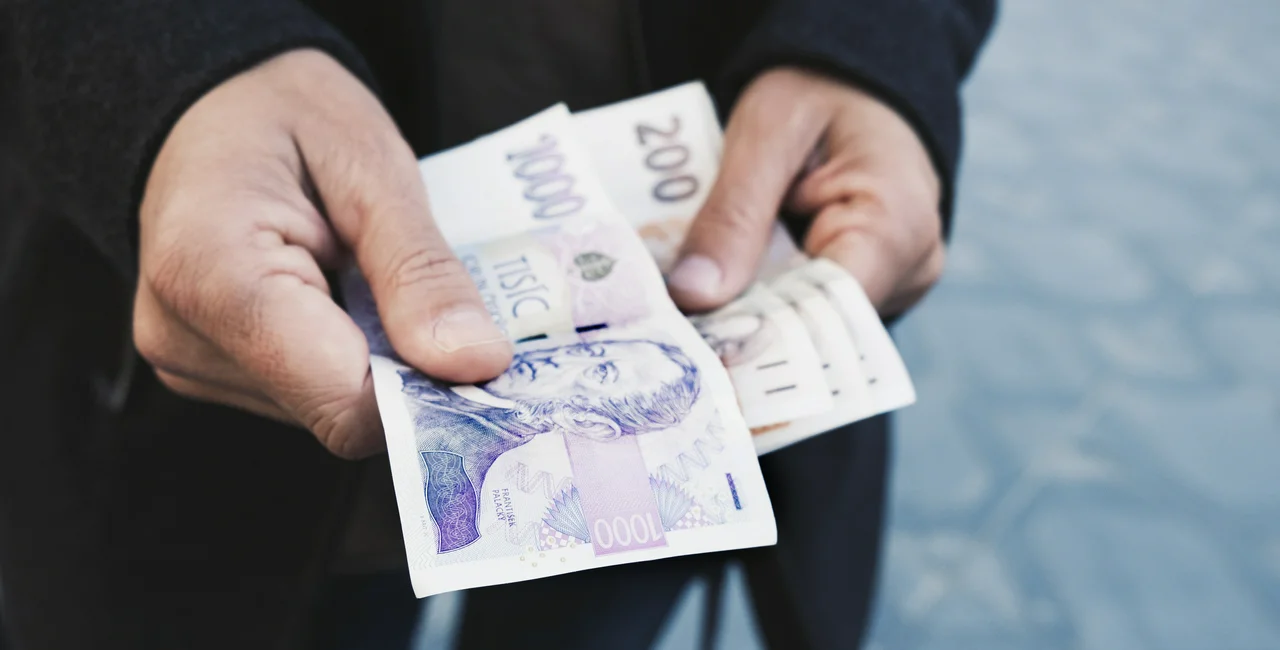Inflation has been felt across various areas of life in the Czech Republic over recent months. The government has taken emergency steps to try to keep a lid on rising prices; but concerns have continued to grow about the global factors driving inflation.
Now, economists’ worst fears have been realized with record-breaking inflation figures for January. New consumer price data from the Czech Statistical Office reveals 9.9 percent year-on-year inflation, even higher than the 9.8 percent previously predicted by analysts. The new figure is the result of a 4.4 percent month-on-month increase in consumer prices which was the highest monthly leap in the history of the independent Czech Republic.
Precipitous increases were recorded for utilities including water, electricity, gas and other fuels. A significant factor in the sharp month-on-month jump was the resumption of VAT payments for energy, which the government canceled at the end of 2021 to minimize the impact of inflation on consumers.
This led to an extraordinary leap in prices for electricity and gas: electricity rose by 18.8 percent, while natural gas increased by 21.5 percent.
Other significant increases were recorded for hot water (12 percent), solid fuels (15.7 percent), water (5.3 percent) and sewage collection (6.4 percent).
“Consumer prices increased by almost 10 percent in comparison with last January. This is the highest level since July 1998, when year-on-year price growth reached 10.4 percent,” said Pavla Sedivá, head of the Consumer Price Statistics Unit at the Czech Statistical Office.
Inflation reported for January is particularly concerning because it affects unavoidable expenditures, meaning few will escape the impact of higher prices. Steep increases were also reported for food and drink products; sugar saw a 21.1 percent price increase, and milk increased by 16 percent.
The price of transport has also jumped dramatically. Inflation for buying a car has hit 11.1 percent, while fuels and oils saw inflation of 28.1 percent.
As well as one-off changes such as the reintroduction of VAT for energy, sudden price shifts are the result of companies creating updated price lists for the start of a new year.
January's worryingly high inflation levels suggest that steps by the Czech National Bank to combat inflation have so far been unsuccessful. The bank’s strategy has involved a rapid raising of interest rates to discourage consumer loans and limit spending.
The new inflation statistics far exceed the ČNB’s prediction of 9.4 percent for January. As such, economists warn that further interest rate increases will likely be explored, with a potential knock-on effect for the cost of mortgages and other significant expenditures.
“Given that inflation was again above forecasted levels in January, it can’t be ruled out that the ČNB will increase interest rates by 25 points in March,” Miroslav Novák, an analyst at Akcenta, told Seznam Zpravy.












 Reading time: 2 minutes
Reading time: 2 minutes 
























